- Jose Luis Dieppa
ORLANDO, Fla. - Colorectal cancer is one of the leading causes of deaths in the United States, according to the American Society of Colon and Rectal Surgeons. However, it is highly preventable with regular screenings and is often curable when detected early.

“Colorectal cancer often begins with the formation of a polyp within the lining of the colon wall— small growths or lumps that grow with time and potentially extend beyond the colonic wall and into adjacent organs if not promptly detected,” said Dr. Norbert Garcia, board-certified colon and rectal surgeon at AdventHealth. “While most polyps are benign, some can develop into cancer if not detected and removed.”
Dr. Garcia shares five key facts everyone should know about colorectal cancer:
Most colon cancers are asymptomatic: In the early stages, colorectal cancer may not cause any noticeable symptoms. However, there are specific symptoms that should prompt you to visit your doctor. These include most commonly rectal bleeding, abdominal pain, change in bowel habits and unexpected weight loss.
Risk factors: Consumption of fatty foods, excessive carbohydrates and processed foods, in addition to morbid obesity and smoking.
Genetics and family history: Most colorectal cancers are found in people without a family history. However about 3-5% of patients have a hereditary form of colorectal cancer, elevating the risk much higher than that of the general population. Although the standard age to begin screening is now 45, hereditary forms of colorectal cancer will require even earlier screening. The risk is even higher in first-degree relatives and if the diagnosis is made before the age of 50.
Prevention: Regular colorectal cancer screenings are key to prevention, with colonoscopy being the gold standard. Additionally, maintaining a healthy diet, staying physically active and limiting alcohol consumption may help reduce the risk.
- Treatment: When detected early, colorectal cancer is often curable, mostly by state-of-the-art techniques such as minimally invasive surgery.
“Early detection saves lives — talk to your doctor about screening options for you today,” said Garcia.
Recent News

Local leaders, officials, and construction workers gathered today to commemorate a major milestone in the expansion underway at AdventHealth Daytona Beach: placing the final steel beam.
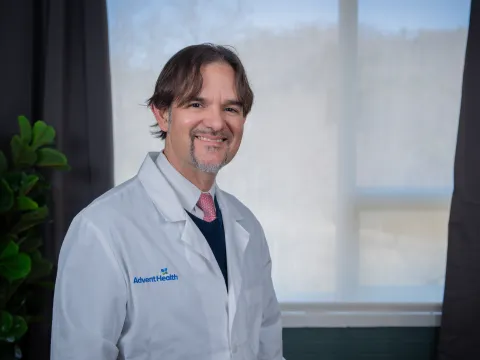
AdventHealth is excited to introduce Eugenio L. Menendez, DO, FACP, to our community of care. He is joining the team at AdventHealth Medical Group Family Medicine at Hendersonville* following the...
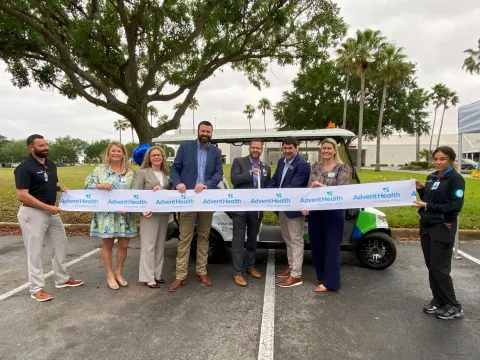
AdventHealth Heart of Florida and AdventHealth Polk Foundation leaders are delighted to unveil a new courtesy visitor shuttle meant to enhance accessibility and comfort for patients.
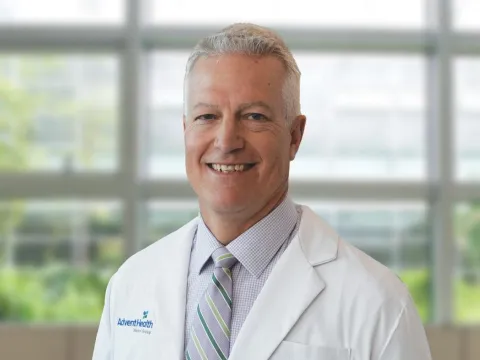
Dr. Jeffrey Keen, a board-certified orthopedic surgeon specializing in adult reconstruction, orthopedic surgery, robotic-assisted surgery, and sports medicine, has returned to AdventHealth Medical...
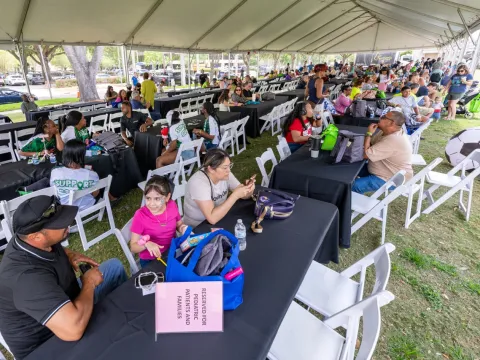
In recognition of National Donate Life Month, nearly 300 transplant patients and their families enjoyed AdventHealth’s 2025 transplant reunion.
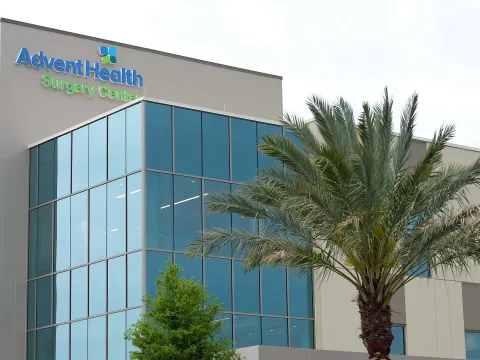
By managing ASCs as distinct entities with tailored operations, financial structures, and physician partnerships, the East Florida Division is fostering collaboration, efficiency, and growth.
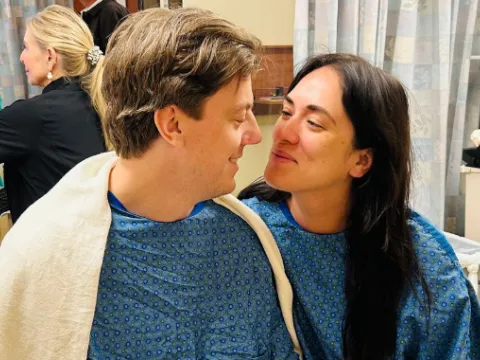
According to the National Kidney Foundation, more than 101,000 people are currently on the organ transplant list in need of a new kidney. However, only about 17,000 transplants happen each year —...
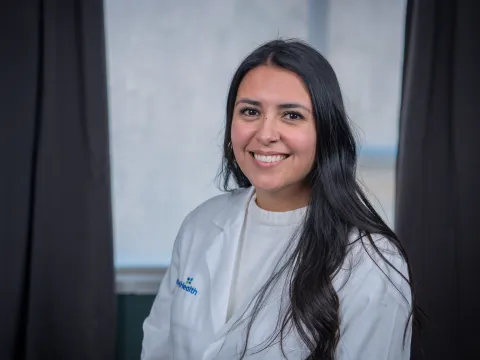
AdventHealth is excited to welcome Shalom Littrell, LCSWA, to its team at AdventHealth Medical Group Psychiatry at Medical Office Building*. Littrell is a Licensed Clinical Social Work Associate and...
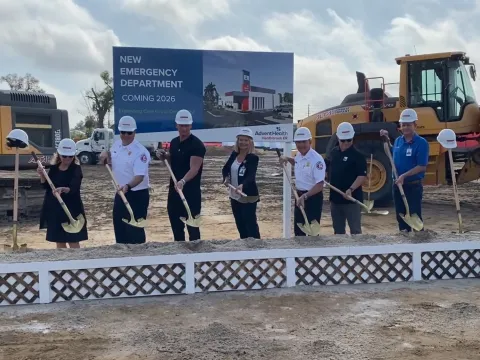
The AdventHealth Heathbrook ER will have 12 exam rooms, including a resuscitation room, a bariatric room, an isolation room, obstetrics-friendly room and pediatric-friendly rooms.

Ming Wu, MD -- a family medicine doctor with AdventHealth Littleton -- talks about the ways to lessen the impact of seasonal allergies this spring.

The East Florida Division is forming strong partnerships with independent physicians, driving mutual success and improving hospital throughput.

In life, Sophie Davis touched dozens of hearts. In passing, one of her organs could possibly save thousands of lives.
